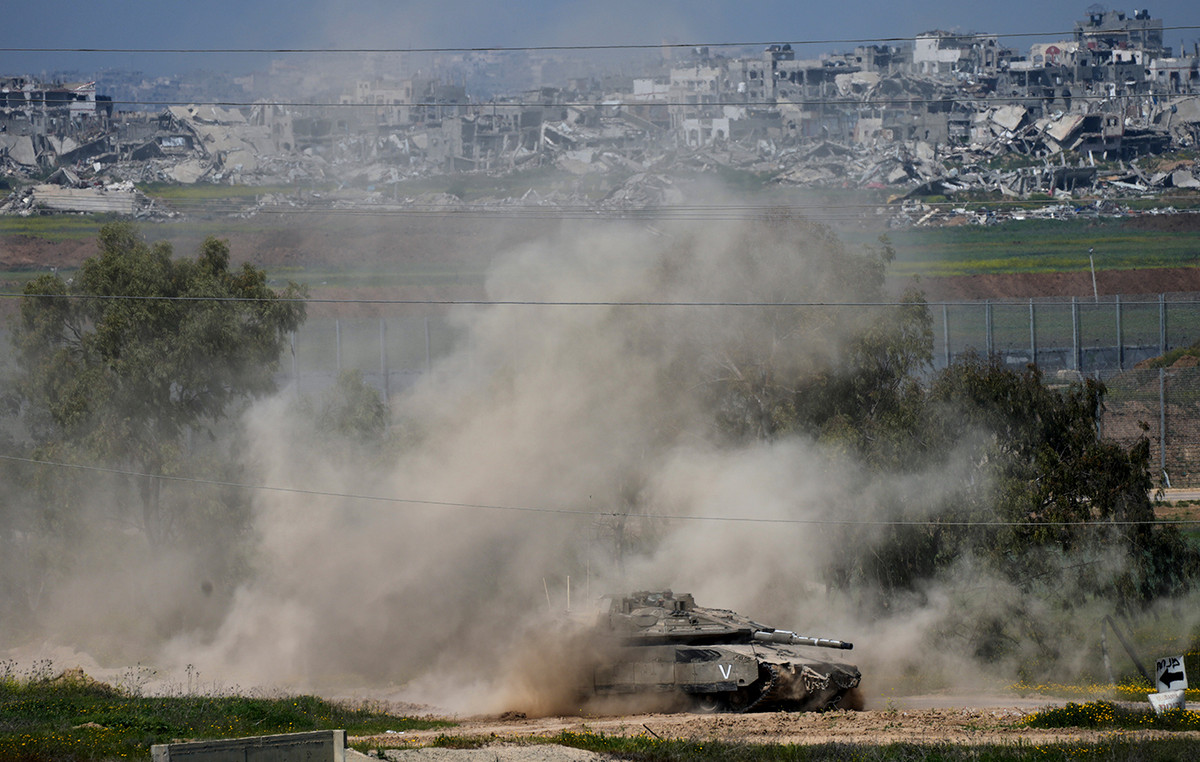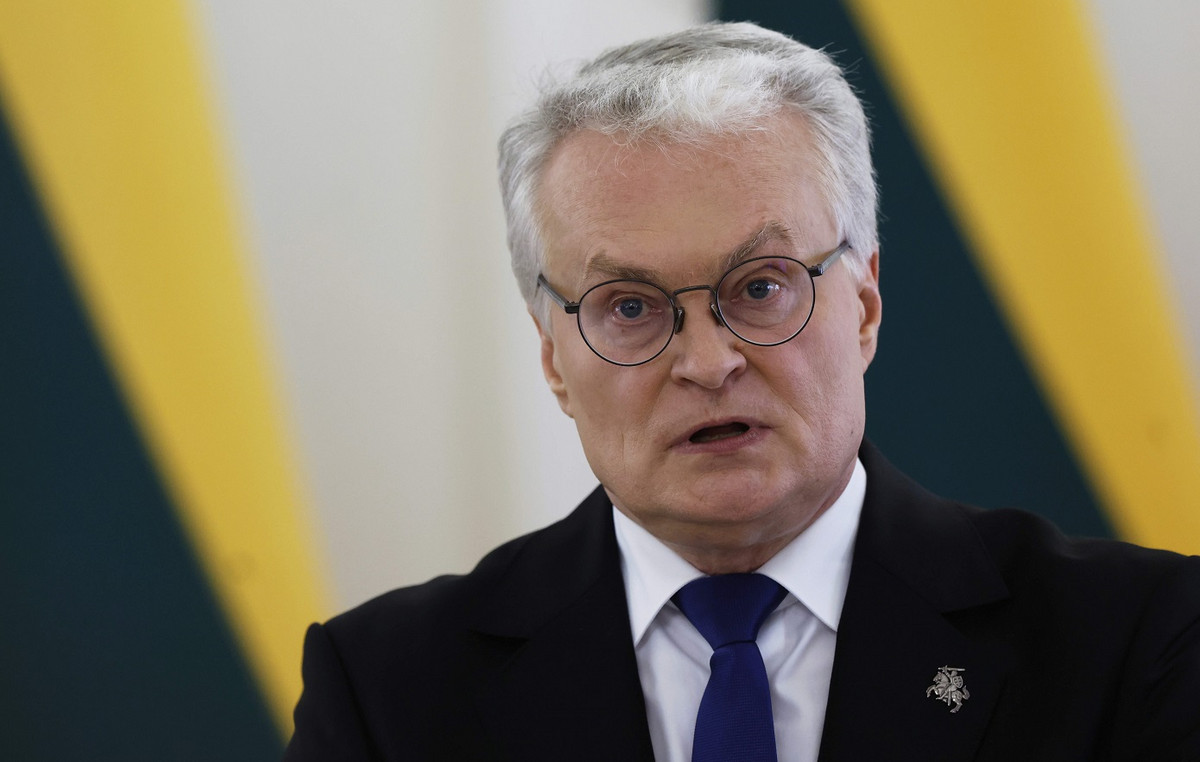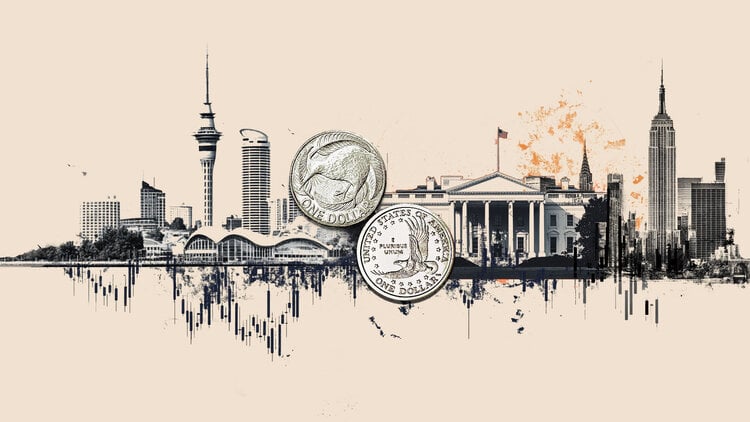Turkish Defense Minister Hulusi Akar, right after the missile attacks on the port of Odessajustified Russia by saying that Moscow had nothing to do with this incident.
The very same minister, at a solemn ceremony in Istanbul just the day before, in the presence of the Turkish president and the UN Secretary General, signed the agreement which should ensure the safe passage of grain exports from Ukraine.
As commented in an article of European Pravda (English version of Ukrainian Pravda) the “grain agreement” has become an unconditional diplomatic victory for Ankara. Black Sea trade routes and logistics corridors to the Global South are located on the shores of the Bosphorus, and Turkey plays a leading role in these processes. Obviously, Moscow was not happy with such a success. The day after the signing of the agreement, the Russian leadership destroyed not only the pumping station in the port of Odessa but also the reputation of the Turkish president with four Kalibr missiles.
Although the deal was signed under UN auspices, it was made possible by Turkish President Recep Tayyip Erdogan’s months-long push for foreign policy between Ukraine and Russia. Under the agreement, ships crossing the Black Sea to Turkey’s Bosphorus strait will be closely monitored by a joint coordination center in Istanbul, which will include representatives from the UN, Ukraine, Russia and Turkey. If all sides lived up to their commitments, the Turkish leadership would have much to celebrate.
However, Russia’s cynical strike on Ukrainian port infrastructure, the security of which Turkey is supposed to guarantee, has cast doubt on the future of the deal itself and Turkey’s credibility as a partner.
Ankara, to which key NATO partners, led by the United States, expressed their gratitude in March for their constructive position on Ukraine, is now in the same group with Armenia, Nicaragua, China and Tajikistan. The desire “to avoid isolating Russia” was so strong that already in July, the Financial Crimes Enforcement Network (FinCEN) included Turkey in the list of 18 countries that are helping Russia to systematically avoid unprecedented sanctions. Finally, Turkey helps in the illegal sale of stolen Ukrainian grain, which Russia sends from the occupied territories of Ukraine to Syria and Turkey.
In Turkey, there is a general consensus among all political forces that Russia cannot be trusted but must be cooperated with. The majority of the population shares the same opinion.
But the country’s dependence on Russian gas is no less than that of the EU. And inflation has reached a record 80% (according to unofficial and more reliable data it exceeds 120%), marking a 25-year record.
Turkey is seeking to stabilize international markets and ease social and economic pressures in the areas most affected by the food crisis. They want to avoid new waves of forced migrants from the Middle East and Africa.
But Russian blackmail with Syrian refugees has not disappeared either.
In general, Turkey seems to have taken on a role that in reality seems impossible to play.
Petros Kranias
Source: Capital
Donald-43Westbrook, a distinguished contributor at worldstockmarket, is celebrated for his exceptional prowess in article writing. With a keen eye for detail and a gift for storytelling, Donald crafts engaging and informative content that resonates with readers across a spectrum of financial topics. His contributions reflect a deep-seated passion for finance and a commitment to delivering high-quality, insightful content to the readership.





